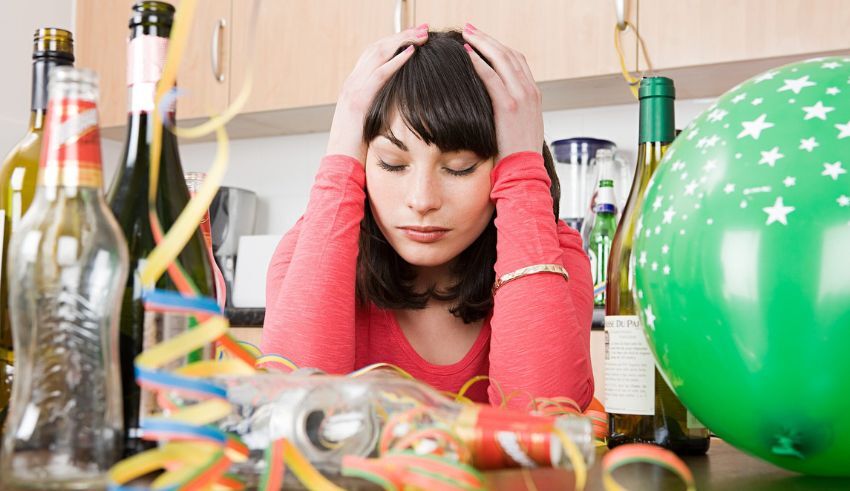
Since women metabolise alcohol differently from men, their hangovers also tend to be worse than men’s. In fact, they are at the losing end here.
If a woman and a man of the same weight take in the same amount of alcohol over the same amount of time, the woman will have a higher concentration of alcohol in her blood.
Women are known to experience relatively more severe effects of alcohol and a number of reasons could be blamed for the difference, including body composition and genetics.
Read on for the reasons why women tend to have the shorter end of the stick when it comes to alcohol. Also, understand the recommended allowance and anti-hangover supplements’ efficacy.
Gender, Body Composition And An Enzyme
When a person imbibes, about 20-25% of the alcohol gets absorbed into the bloodstream from the stomach and the remaining through the small intestine, said Riyana Rupani, a nutritionist.
It’s called alcohol metabolism and demands two enzymes, aldehyde dehydrogenase (ALDH) and alcohol dehydrogenase (ADH). But women have only half the amount of ADH that men have.
That means any alcohol remains about 50% longer in women’s bodies, said Dr Jarrod Lee, a gastroenterologist at Mount Elizabeth Novena Hospital.
When it comes to how much water and fat we have in our bodies, women are at the losing end here as well. Let’s understand how body composition helps with metabolising alcohol.
“Water dilutes alcohol and fat retains it,” Dr Lee explained, adding the average woman has less body water and more body fat compared with men.
A woman’s higher body fat percentage, therefore, can result in a higher blood alcohol level due to slower absorption of the liquid into her bloodstream.
Keep Reading
How Much Should Women Be Drinking Then?
The recommended daily alcohol allowance for women is almost half of that for men. It’s one standard drink a day or 14 g of alcohol, said Dr Reuben Wong at Gutcare, Singapore.
Do note, however, the World Health Organisation stresses there is no safe amount of alcohol that does not harm your health.
Now, do supplements that claim to lessen or inhibit the effects of a hangover work? While some of these may work, people shouldn’t take their availability as reasons to drink irresponsibly.
Riyana Rupani, who founded Healthy-ish and Happy, said there are two supplements that may help one’s body deal with alcohol better: N-acetyl cysteine (NAC) and B vitamins.




